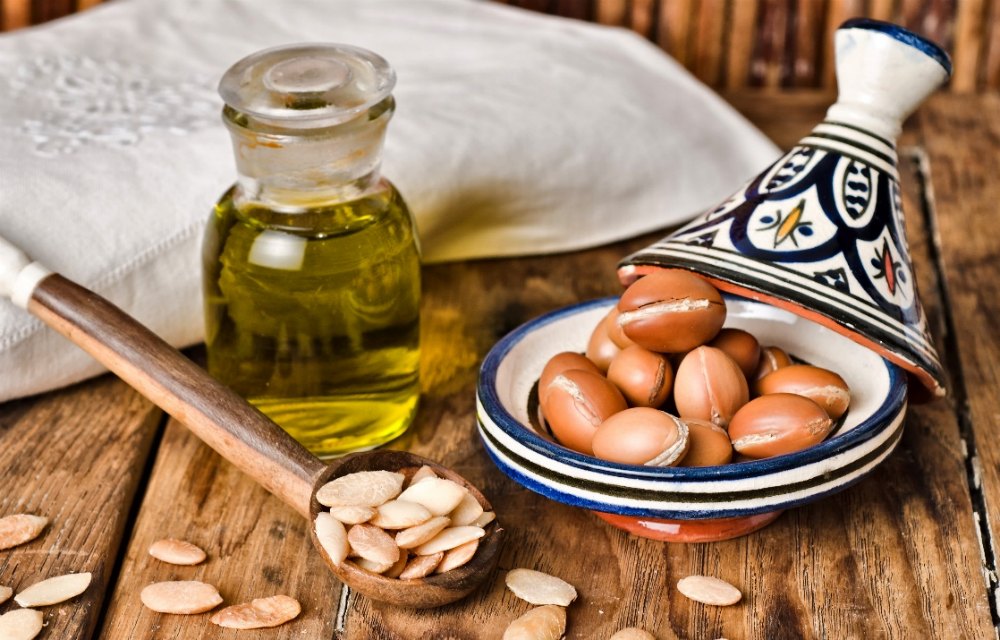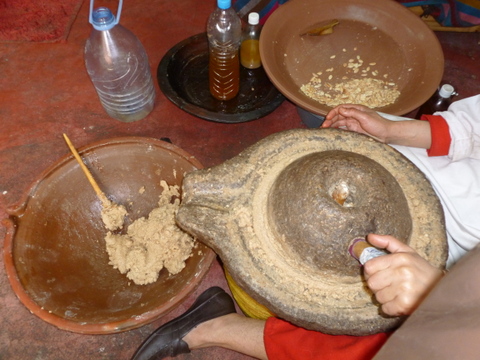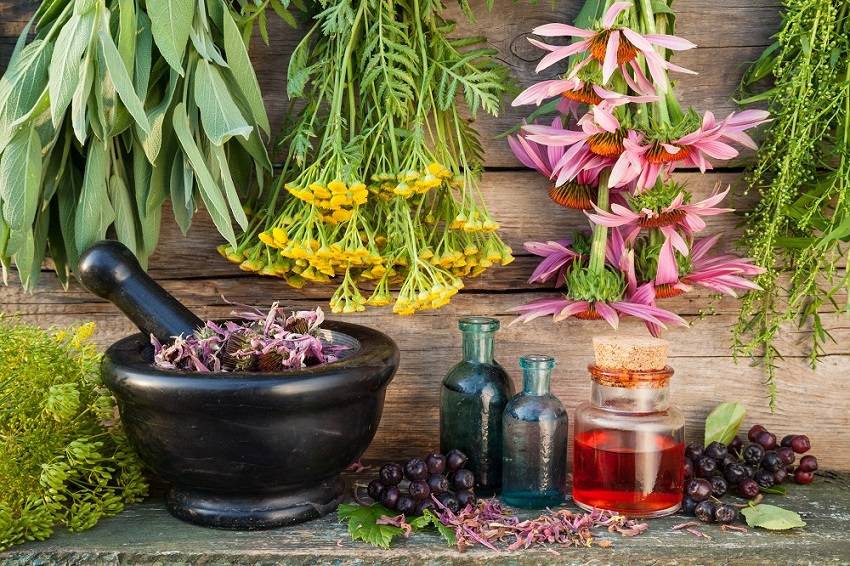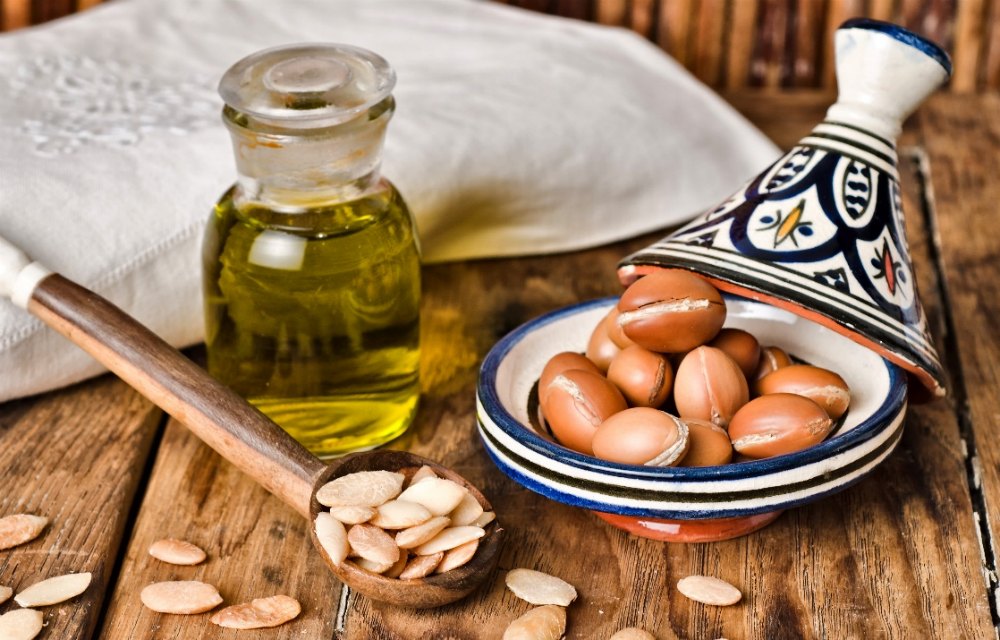
Argan Oil Amazing Properties
Since our time in stunning Morocco, we haven’t been able to get Argan oil off our minds. The sacred oil is derived from the ‘argan nut’ and has become a popular ingredient in many beauty products for many it’s their ‘go-to beauty elixir.’ This is because it contains an abundance of rich vitamins and anit-oxidants properties, which can help with enriching your skin, face and hair. To find out what other benefits argan oil offers, keep reading.
Skin Moisturiser:
Argan oil is most commonly used as a skin moisturiser to hydrate and soften skin.It is easy to use all over the body, including the face and neck. Simply smooth a few drops into your skin using gentle rubbing motions, as you would any face and body lotion.
Hair Treatment:
Argan oil is proven to make hair softer, silkier and shinier. Due to its ability to tame frizz and give hair shine, argan oil is also commonly used as a styling agent. This is an ideal step to add to your daily routine after blow-drying. Rub a few drops of argan oil over your palms and then comb your fingers through your hair to apply.
Lip Conditioner:
Especially in cold or dry weather, lips can easily become sore, dry and cracked. Argan oil is the ideal product to ensure lips stay plump, soft and supple. Rub a drop or two into dry lips as a balm – but be sure to wipe off any excess
Foot, Hand and Nail Remedies:
Argan oil’s softening properties are ideal for brittle nails, dry hands and cracked, hard skin on feet. It both moisturises and softens skin, leaving hands and feet supple and soft and nails strong and healthy. Try massaging a few drops of argan oil into cuticles, hands and feet before bed each night.
Acne:
Acne is often the result of oily skin. Since argan oil is non-greasy, it helps to balance skin by providing natural moisture. Applying a few drops of argan oil to skin afflicted by acne after cleansing and patting dry ensures that essential moisture and nutrients are introduced to clean, dry skin. Rubbing in gently and repeating twice daily can help clear up mild acne as well as balancing oily or dry skin.
Culinary Argan oil:
The benefits of argan oil don’t stop at your face and hair; there is also an edible version of the oil (a staple to the Berber diet). This made by roasting the nuts over an open fire before they pressed. The culinary Argan oil is packed filled with Vitamin E and is believed to contain double the amount found in Olive Oil- making for a perfect salad dressing substitute.
Argan Oil | Learn how it's made + its many benefits |with New Zealander Rachel Hunter ♥
These Hungry Goats Learned to Branch Out
No, this is not an illustration from a book by Dr Seuss.
These domestic goats live in southwestern Morocco, where the climate is dry and in some seasons the only available forage is in the trees. So the goats climb up to get it.
Goats are good climbers — some sure-footed species live happily on mountains, leaping from ledge to ledge. But these domestic goats are not born with an ability to climb trees. They learn the technique as kids.
Their keepers help them climb, and they trim the trees to make it easier for the kids. The goats eventually learn to do it themselves. In the autumn, when there is little food on the ground, they spend most of their time grazing the treetops.
Now researchers have found that the trees benefit, too. Many animals eat the seeds of plants and then defecate them at another location. But the seeds of the argan trees that these goats graze on are about an inch long and a half-inch across — too big for a goat to pass.
Fortunately for the trees, goats are ruminants: They chew their cud and regurgitate it to be re-chewed before being swallowed for good. The researchers suspect that while the goats ruminate, they spit out the large seeds, often far away from the mother plant, increasing the chance of seed and seedling survival.








Replies